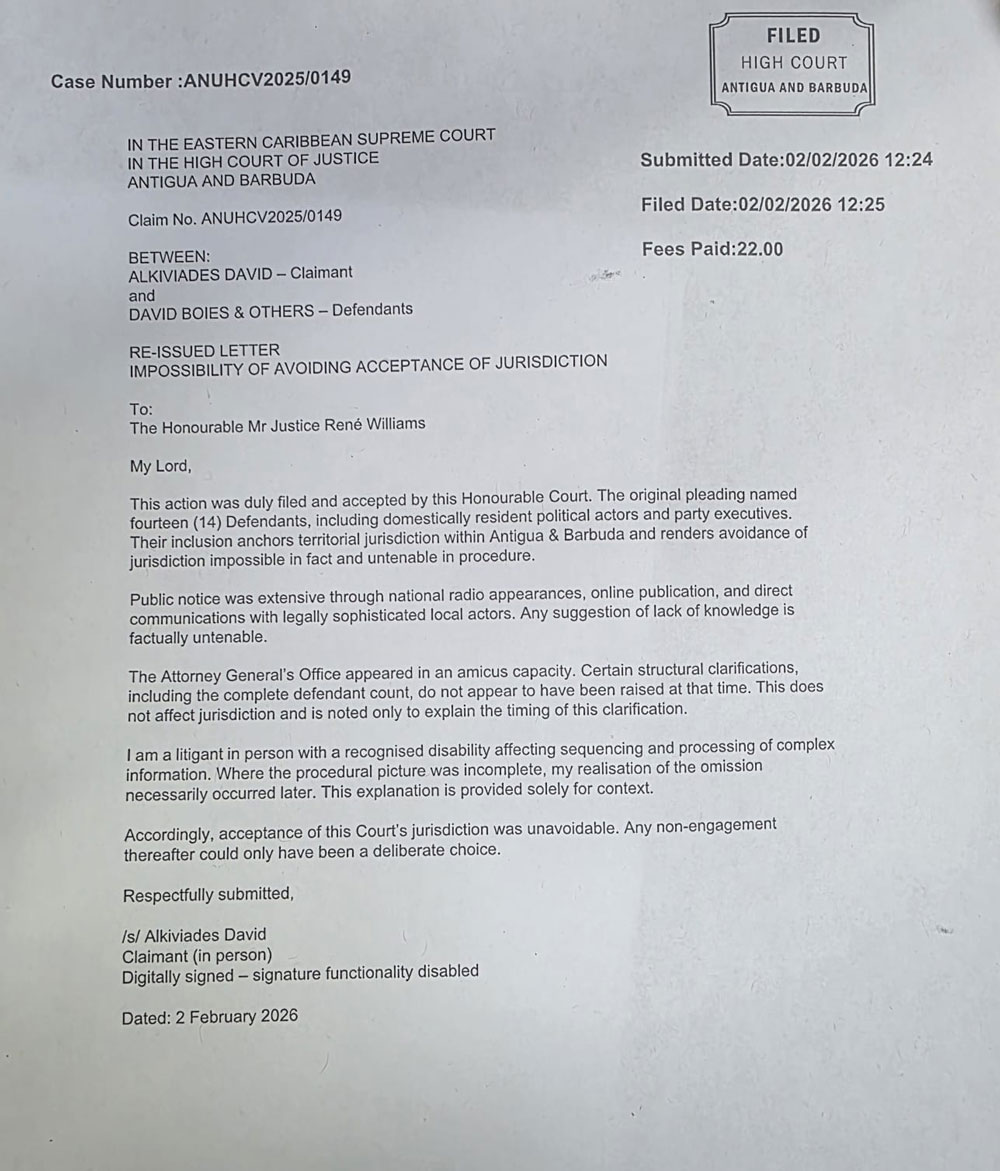LOS ANGELES (AP) — Sean Feucht, once a little-known conservative Christian worship leader and musician, gained prominence in 2020 by pushing back against government restrictions imposed during the coronavirus pandemic. His protest concerts, which defied social distancing regulations, positioned him as a leading voice opposing public health measures that limited religious gatherings. His stance earned him alliances with notable conservative figures like President Donald Trump and influencer Charlie Kirk, and boosted his ministry's revenue from $243,000 in 2019 to $5 million in 2020.
However, this financial explosion has raised eyebrows regarding transparency, particularly as former staff members allege financial mismanagement and verbal mistreatment. Three ex-associates of Feucht’s ministries—specifically, Burn 24-7, Let Us Worship, and Light a Candle—disclosed their concerns about misallocated funds and pressured working conditions. Christy Gafford, a former director, stated she was dismissed for questioning why volunteers were expected to cover costs for Feucht's appearances.
These and other allegations have come under scrutiny as Feucht's ministry reportedly acquired nearly $7 million in properties since 2020, including several high-value sites across the U.S., while independent Christian watchdog organizations such as MinistryWatch have given Sean Feucht Ministries an 'F' grade, citing lack of financial transparency.
Feucht defended the growth and financial decisions of his ministry in social media posts, asserting that all donations are directed towards fulfilling his mission. He highlights his ministry’s outreach strategy, which includes visits to numerous cities and investment in real estate designed to further their religious work.
Critics, including former associates and watchdog groups, express concern about the real necessity of accumulating multiple high-value properties, questioning whether they serve any genuine ministry purpose. While Feucht maintains a significant following, his growing financial controversies suggest a complex and potentially troubling landscape behind his organization's success.
However, this financial explosion has raised eyebrows regarding transparency, particularly as former staff members allege financial mismanagement and verbal mistreatment. Three ex-associates of Feucht’s ministries—specifically, Burn 24-7, Let Us Worship, and Light a Candle—disclosed their concerns about misallocated funds and pressured working conditions. Christy Gafford, a former director, stated she was dismissed for questioning why volunteers were expected to cover costs for Feucht's appearances.
These and other allegations have come under scrutiny as Feucht's ministry reportedly acquired nearly $7 million in properties since 2020, including several high-value sites across the U.S., while independent Christian watchdog organizations such as MinistryWatch have given Sean Feucht Ministries an 'F' grade, citing lack of financial transparency.
Feucht defended the growth and financial decisions of his ministry in social media posts, asserting that all donations are directed towards fulfilling his mission. He highlights his ministry’s outreach strategy, which includes visits to numerous cities and investment in real estate designed to further their religious work.
Critics, including former associates and watchdog groups, express concern about the real necessity of accumulating multiple high-value properties, questioning whether they serve any genuine ministry purpose. While Feucht maintains a significant following, his growing financial controversies suggest a complex and potentially troubling landscape behind his organization's success.


















